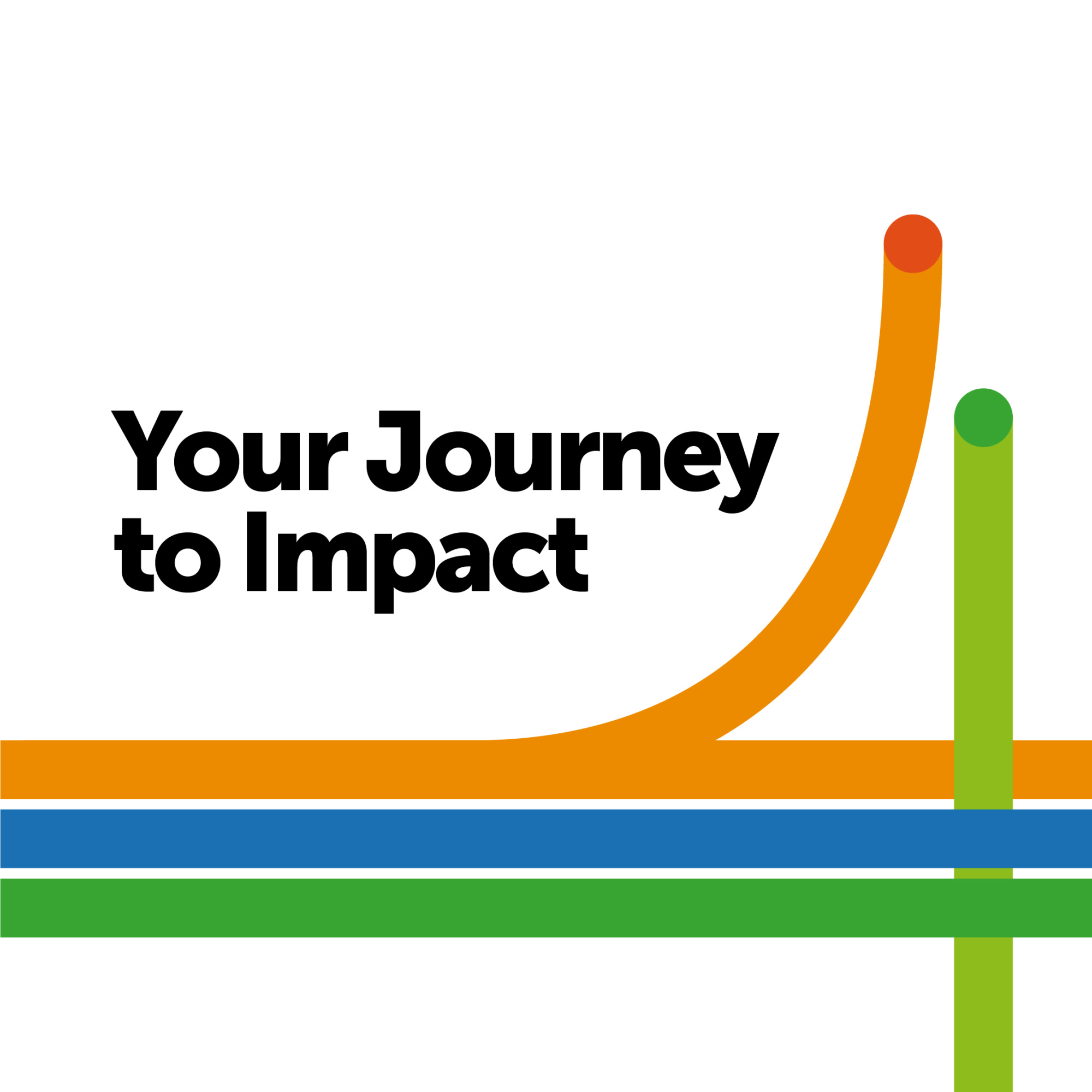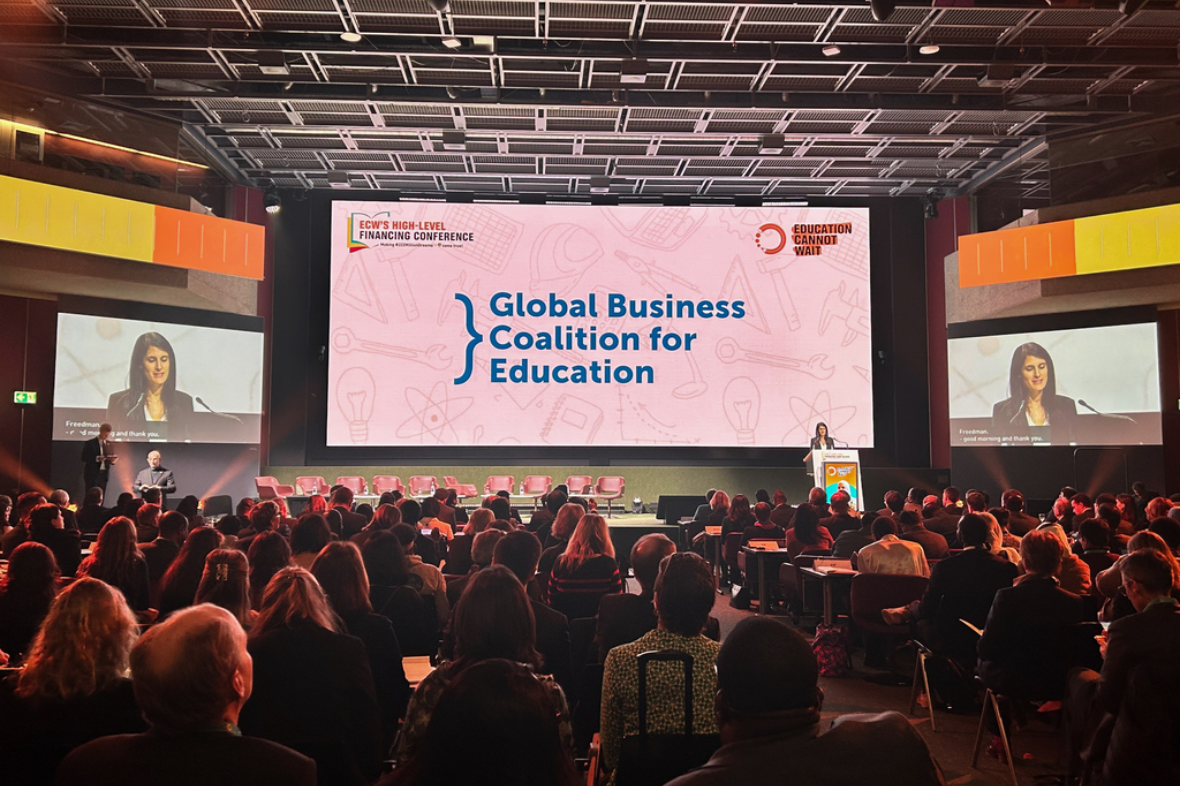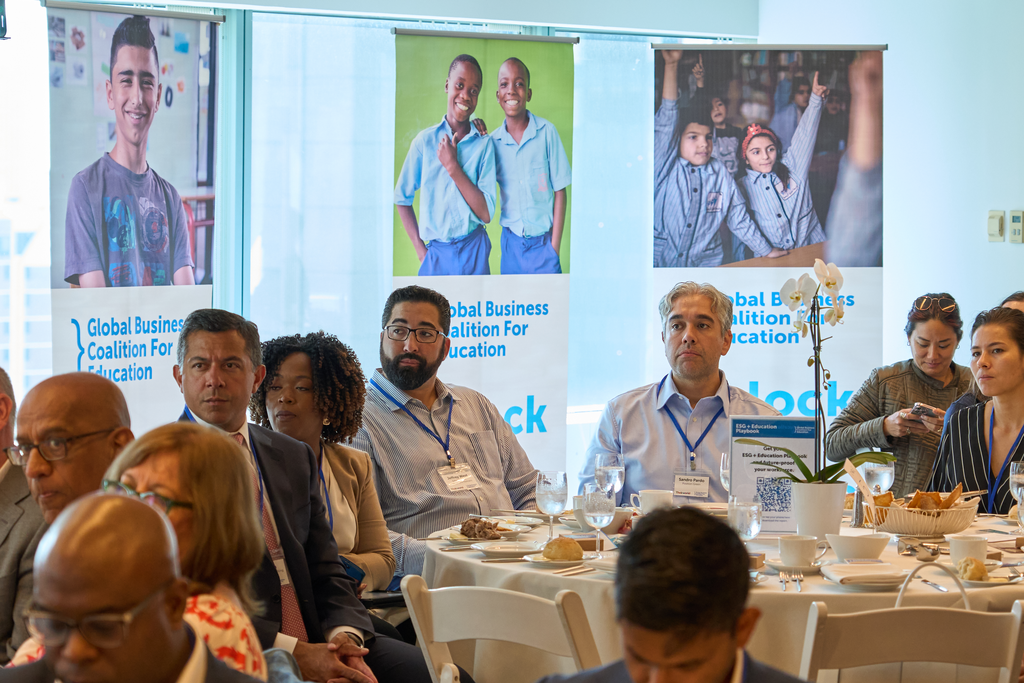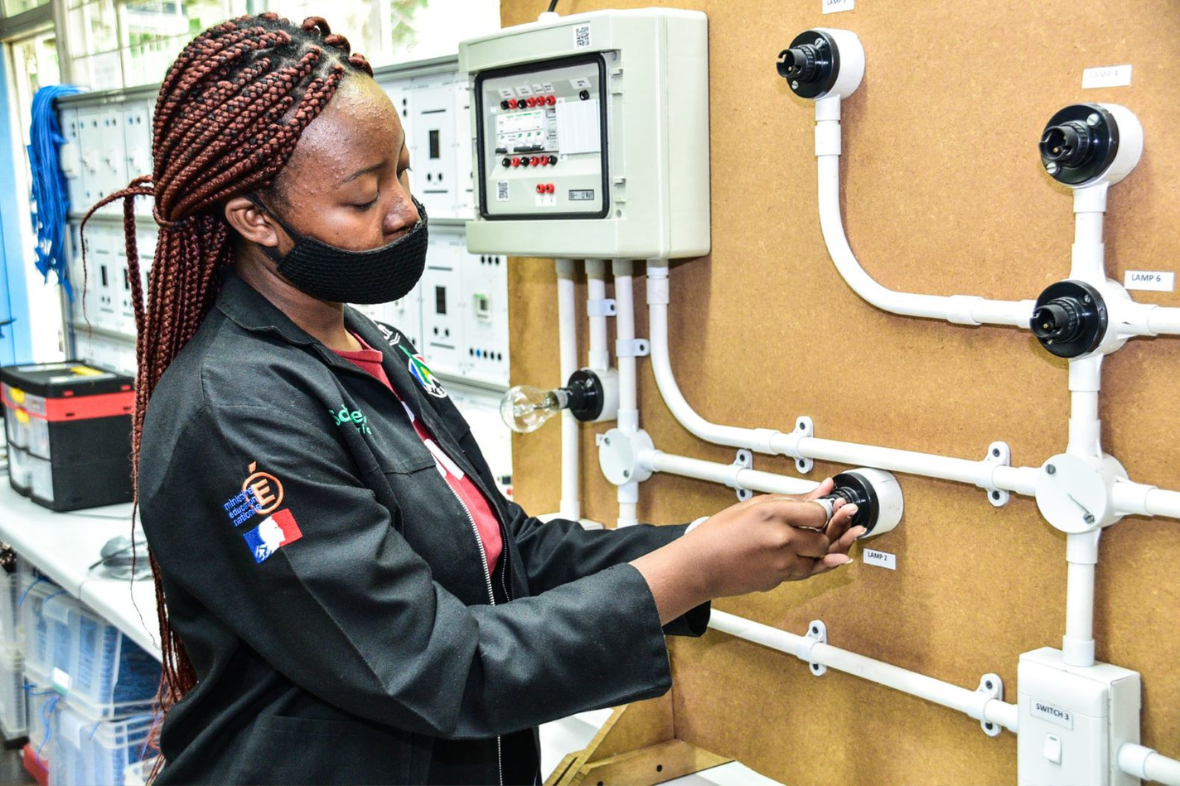
If your company wants to make a difference, put education at the core of ESG

When my colleagues and I meet with executives, we inevitably hear three reasonable questions: Why should our business work with your organization? How would you help us? Why do you emphasize education when the world faces so many urgent needs?
The Global Business Coalition for Education has been on a three-year quest to provide thoughtful answers for companies in this time of political, environmental and corporate turbulence. We want to explain the “why” of choosing education; we want to offer guidance that you can use.
First, let’s recognize the backlash. We know ESG policies – environment, social, governance – are caught in today’s political headwinds. Yet we also know that responsible and sustainable business practices are not a temporary trend. More than ever, consumers, employees and shareholders are pushing companies to do what’s good for people and the planet.
A strong ESG strategy is linked to higher profitability and return on investment. Consider a typical data point: An overwhelming number of Americans (78%) say they prefer to buy products that are both environmentally and ethically sustainable.
So, why education? Because education is the bedrock of everything your company does, no matter what industry you’re in: You need trained employees. You need consumers with robust incomes. You need sustainability and stability in the supply chain, the job pipeline, the communities where you work.
Here’s another data point, and it’s chilling: The latest forecast shows that by 2030, more than 50 percent of children and young people worldwide will lack the basic reading and math skills needed to participate in the workforce and society. That’s 825 million people.
Whether you oversee corporate responsibility, corporate giving, social and environmental impact, or whether you lead a corporate foundation, you can change lives by investing in education. How? Join our coalition of companies to connect with other executives and get resources. A good way to start: look at our new guides, Your Journey to Impact.
These guides show you how to understand global education opportunities; develop action plans based on research about best practices; and create meaningful partnerships with other businesses or nonprofit groups.
We interviewed executives to find out their needs; we drew from our experiences helping companies in tech, engineering, consulting and other sectors. We’re lucky to have the generous support of the BHP Foundation, a global philanthropy collaborating to catalyze new solutions to social and environmental challenges.
This is just a start. Now we’re preparing our ESG+ Education Playbook, offering businesses a practical way to integrate education solutions into their ESG strategies. The playbook will set a first-of-its-kind measurable standard for such work.
So how do all these plans, processes and procedures translate to real on-the-ground accomplishments? I’ll mention three recent successes with companies we’ve gotten to know:
- We worked with one of our members, a well-known company, advising them about partners who can advance their strategy in Africa. We focused on expanding their impact in digital inclusion. The deliverable: a report on partnership opportunities in the region.
- We helped a leading software solutions company make the case to stakeholders that investing in education unlocks all the social pillars that they stand for. Working with their executive team, we guided them in sharing this message to every level of their company by holding employee sessions. The result: Education became a theme of their employee volunteer program.
- This year we’re running briefing sessions for two member companies during their staff in-service days. Our executive director, Justin van Fleet, is presenting information on the global education landscape – we call this “Education 101.” We’re helping these companies, and their employees, identify where they can improve education.
We want to show you how to make a difference right now, and for the next generations. Please join our coalition, take a look at our Impact Guides, and get in touch so we can help you drive change in education.
Emily Friedman is head of business impact at the Global Business Coalition for Education. A graduate of Skidmore College with a master’s degree from Columbia University, she was previously a deputy director at the Clinton Global Initiative and the director of strategy and impact at WeWork.

Related Insights

Innovative “ESG + Education Playbook” makes debut

